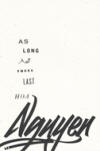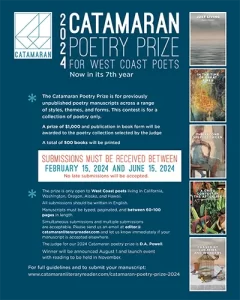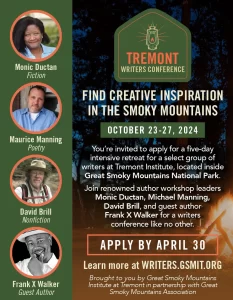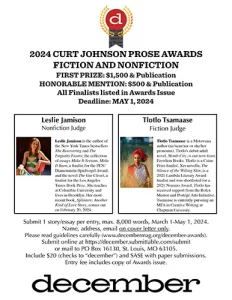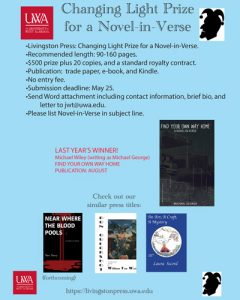As Long As Trees Last
Hoa Nguyen, similar to Louis Zukofsky—another poet whose work indelibly again and again proves the apt suitability of the term when intended as sincere compliment and appropriately applied—deserves the title of A Poet’s Poet. Nguyen’s poems approach pure poetry. That is to say, there’s no shtick, no commentary, no gloss, or outside concern beyond what the poem is busying itself being as a momentary occurrence of heightened language use. Any intrusion or obscuration is absent. While it’s obviously possible to situate Nguyen within a historical English language poetic lineage (which would run something like: Chaucer, Wyatt, Donne, Shakespeare, the Wordsworths, Keats, the Shelleys, Dickinson, Hopkins, Whitman, Hawthorne, Melville, Stein, Pound, Zukofsky, Olson, Duncan, Kerouac, Whalen, Notley, Mayer, Kyger) her work exists in a timeless flow of language and song; daily routines, observances, and distractions carrying the poems along:
Hoa Nguyen, similar to Louis Zukofsky—another poet whose work indelibly again and again proves the apt suitability of the term when intended as sincere compliment and appropriately applied—deserves the title of A Poet’s Poet. Nguyen’s poems approach pure poetry. That is to say, there’s no shtick, no commentary, no gloss, or outside concern beyond what the poem is busying itself being as a momentary occurrence of heightened language use. Any intrusion or obscuration is absent. While it’s obviously possible to situate Nguyen within a historical English language poetic lineage (which would run something like: Chaucer, Wyatt, Donne, Shakespeare, the Wordsworths, Keats, the Shelleys, Dickinson, Hopkins, Whitman, Hawthorne, Melville, Stein, Pound, Zukofsky, Olson, Duncan, Kerouac, Whalen, Notley, Mayer, Kyger) her work exists in a timeless flow of language and song; daily routines, observances, and distractions carrying the poems along:
Keep the minutes
like that Rug smacking me
on the back to say
Wake up to this mountain of matter
Spent match in one shoe
Motors glug under
the sun of Sunday
The sun is spring
We read The Histories
“The discovery of iron is a bad thing”
—SPRING EQUINOX 2010
Nguyen is comfortable living with the poem. Anything and everything is allowed in for utterance. There are no gimmicks. When writing, she lets what comes have its way. Adhering to the poetic axiom of nothing broached, nothing gained.
Superman could just hold
coal and crush it
into diamond
More men millionaires
I have thought for
a dirty starved circle
Thus began my habit then
of stealing certain things from men
—KNEES SONNET
Syllabic play: the language as silly putty on the page. Nguyen brings strength of integrity to stand back of any New York School jokiness or banter. Even at her lightest and airiest there’s a solemn throb as in prayer or sacred occasion.
One recurring totem appears throughout Long As: “chinaberry.” It’s in the title of two poems and is found in the body of text for several others. Nguyen is originally from the Mekong Delta, an area under French Colonialism during the 19th Century, the regime which of course gave way to the American proto-war for her generation of Americans: Vietnam. Given that the Chinaberry is a non-native plant (behaving more characteristically as a weed than tree) originally from Asia and brought over by a French botanist, it’s tempting to read some autobiographical symbolic graphing into Nguyen’s predilection for using the image.
Nguyen is clearly a poet of the lyric. But the line of song she’s hearing which sets the tune is ongoing and constant. Not consistent, constant. It rises and falls in the everyday, coming and going through her days as it does across this book. Encompassing her routines, her family affairs, both the political and the social, physical as well as mental landscape, it is both summation and a welcoming cadence of what’s yet to come into her surroundings. Something elemental and raw that is destined always to be around while also ever desiring to be found:
I hear the half-animal
half-unreal song in the leaves
of your gaze where the
middle stays
The middle part playing
again and again
—CAN’T HELP IT
The pleasure of her discovering it anew arrives in poem after poem.

